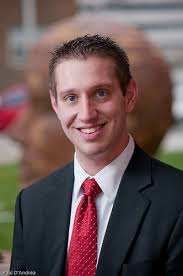Commentary by Adam Cmeijla
“When I’m retired, I won’t really have to invest anymore.” Many people see retirement as an end instead of a beginning – a finish line for a career. In reality, retirement can be the start of a new and promising phase of life that could last a few decades. If you stop investing entirely, you can risk losing purchasing power; even moderate inflation can devalue the dollars you’ve saved.
“My taxes will be lower when I retire.” You may earn less, and that could put you in a lower tax bracket. On the other hand, you may end up waving goodbye to some of the deductions and exemptions you enjoyed while working, and if you did a good job on saving the IRS may require you to take more out of your retirement accounts starting at age 70.5, thus increasing your taxable income. So while your earned income may decrease, you may end up losing a comparatively larger percentage of it to taxes after you retire.
“I started saving too late, I have no hope of retiring – I’ll have to work until I’m 85.” If your nest egg is less than six figures, working longer may be the best thing you can do. You will have X fewer years of retirement to plan for, so you can keep earning a salary, and your savings can compound longer. Don’t lose hope: remember that you can make larger, catch-up contributions to IRAs after 50.
Adam Cmejla, CMFC® is President of Integrated Planning & Wealth Management, a comprehensive financial services firm located in Carmel providing comprehensive retirement planning strategies to individuals near or in retirement. He can be reached at 853-6777 or [email protected].





